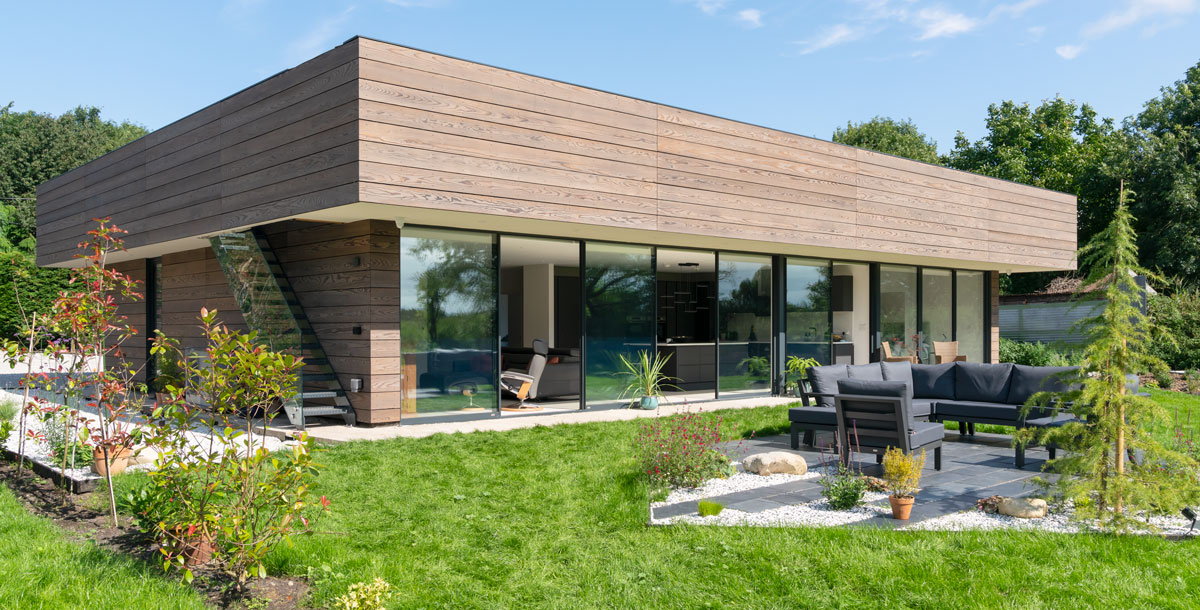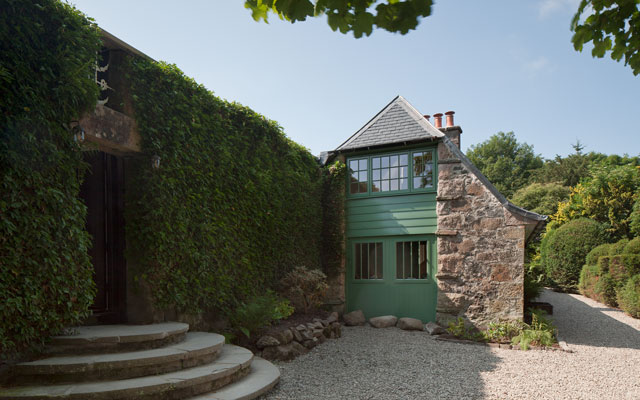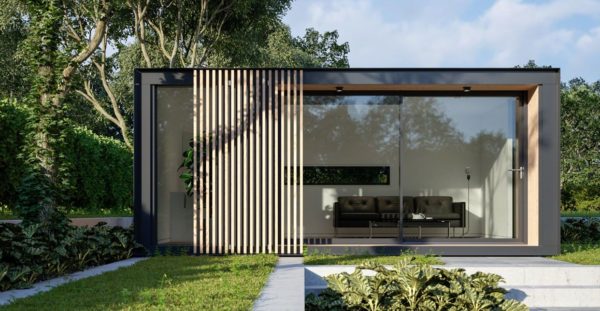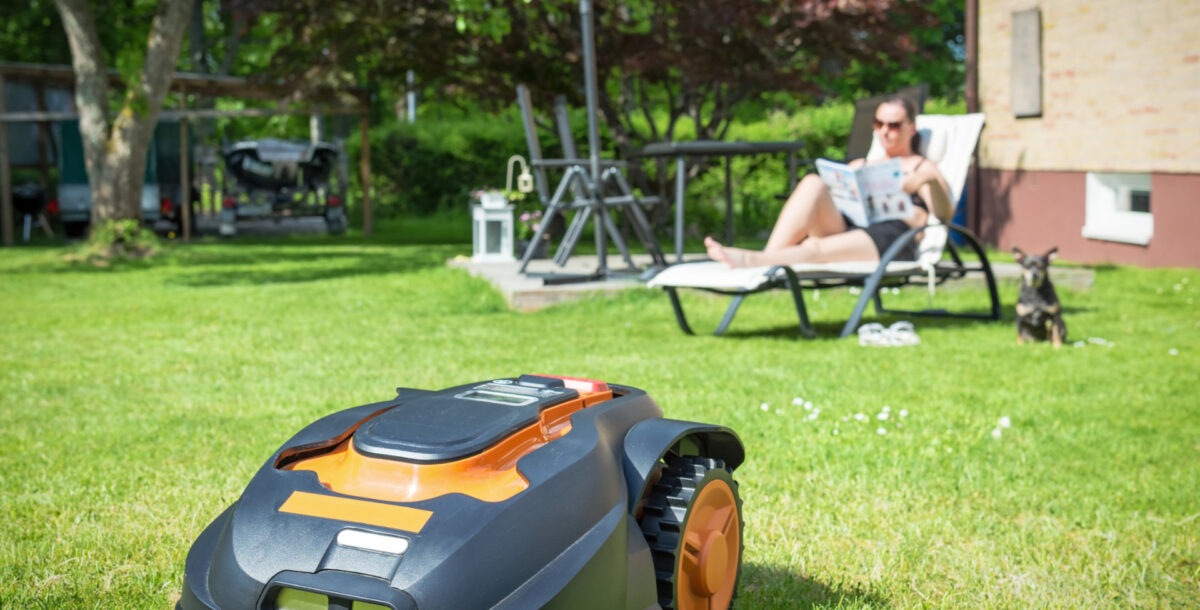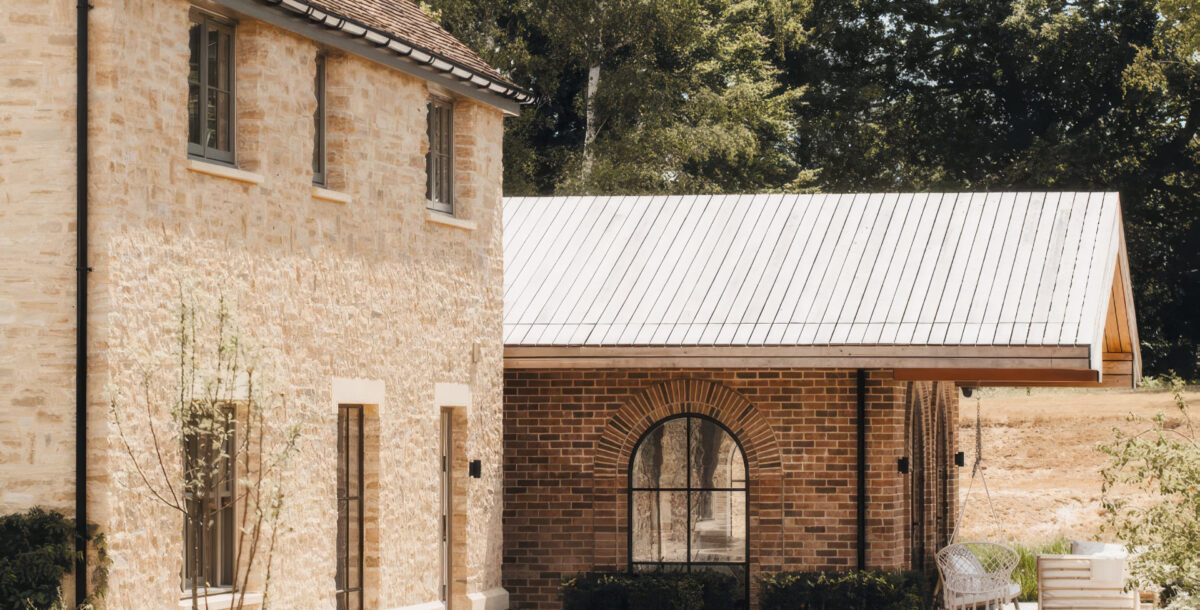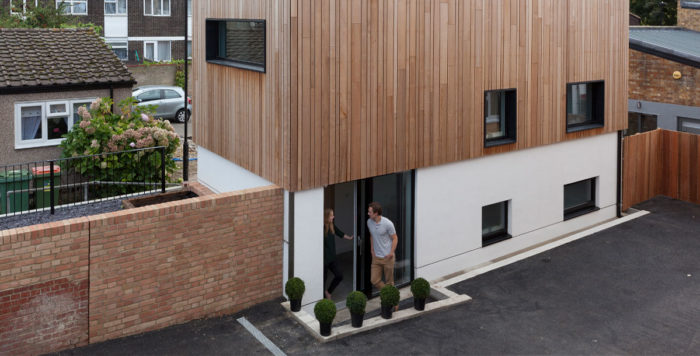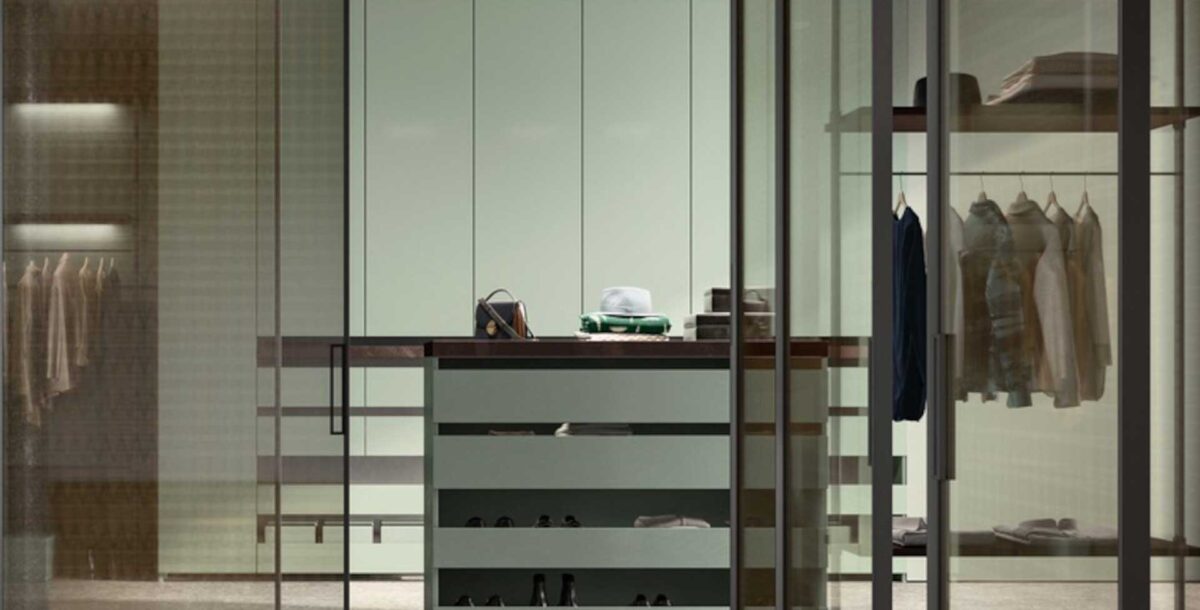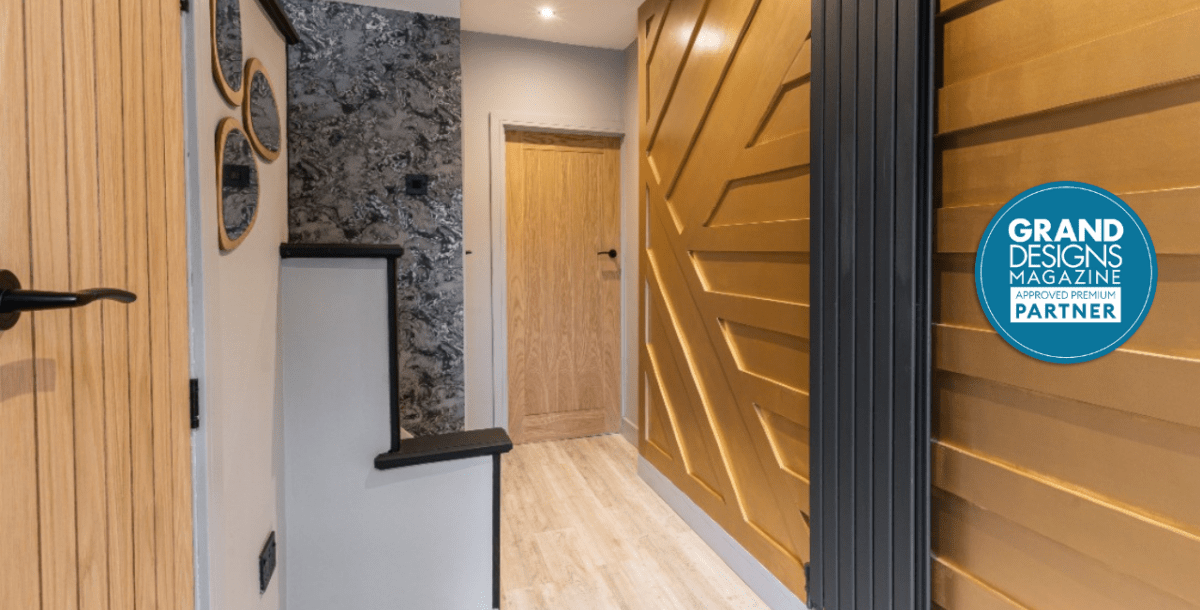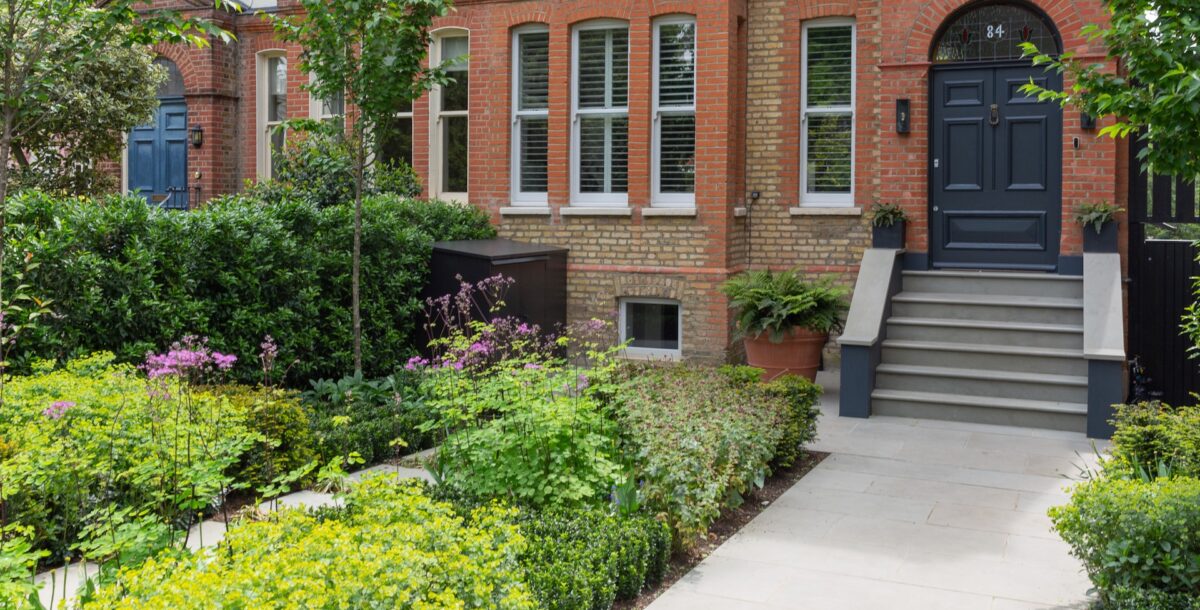Build your own house with tips from the experts
Advice from Grand Designers who've been there and learned a lot from the experience
Grand Designers are in the perfect position to offer great advice for anyone planning on building or renovating their home. They’ve been through the entire process themselves and have come out the other side with plenty of experience to share.
If you want to build your own house, take advantage of their hard-won expertise with the following top tips.
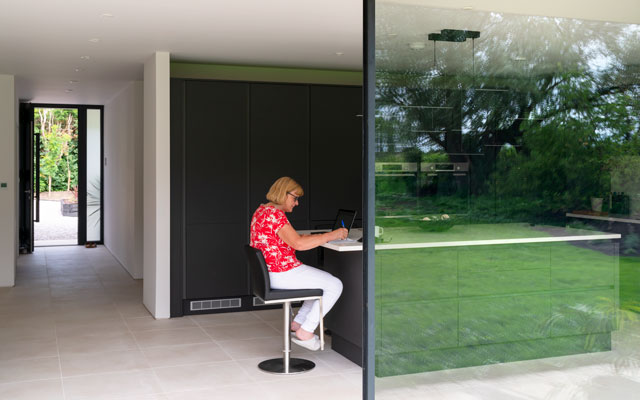
Gretta Funnell in her minimalist open-plan kitchen. Photo: Jefferson Smith
Getting started
When Gretta Funnell began building her Grand Designs home near Ely, Cambridgeshire, she had no previous experience of self-building. She collaborated with her nephew Carlos Gris, who is an architectural designer at Carlos Gris Studio.
Gathering inspiration is a good way to get started on the design. ‘I collected lots of pictures from the internet and Carlos showed me houses he’d found to give us ideas,’ says Gretta.
Take time to consider the plans. ‘When Carlos came up with an initial design, it included a long, narrow study. I thought about it for a few days and realised I probably wouldn’t use it that much. I envisaged spending most of my time in the open-plan kitchen and living area. So we reconfigured the plan to make the kitchen bigger.’
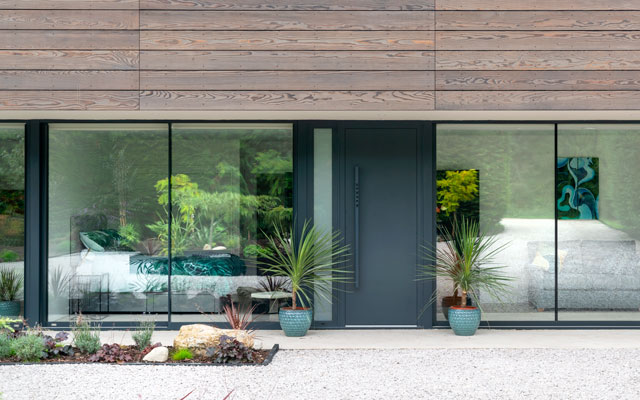
Glazed panels flank the front door of Gretta’s pavilion-style house. Photo: Jefferson Smith
Work on your collaboration
To build your own house you need to gather a good team. Ruth Grimshaw and Rob Glass, who run Tape Design, created a home from a derelict water mill near Ulverston, Cumbria. Having been both client and architect, they have a unique perspective on this relationship.
Assess the cost of an architect against the benefits. ‘You’re not only paying for the time it takes for an architect to draw up your plans, but also for their knowledge and approach to the creative process, plus their training, skills and experience,’ says Rob.
Look for commitment. ‘Even a small renovation should be treated with as much care as when you build your own house. So make sure your architect believes your project is as important as you do,’ says Ruth.
Know when to walk away. ‘Establishing a good working relationship is key, but sometimes the chemistry isn’t quite right,’ says Ruth. ‘If this is the case, it’s important to admit it before you go too far along.’
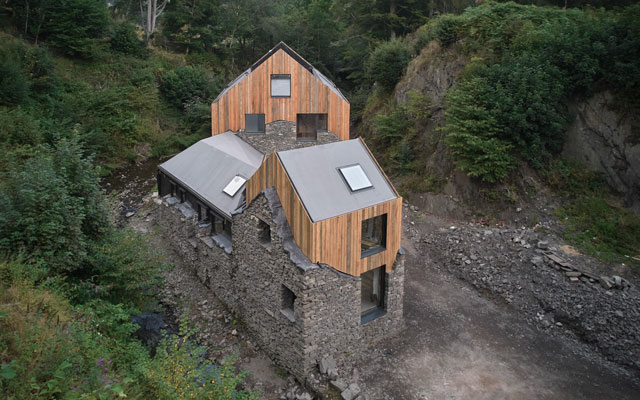
Ruth and Rob Grimshaw’s home is on the site of an old blacking mill. Photo: Andy Haslam

